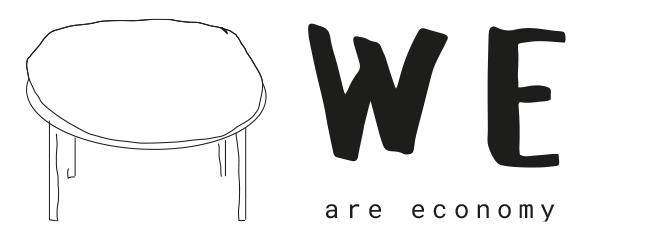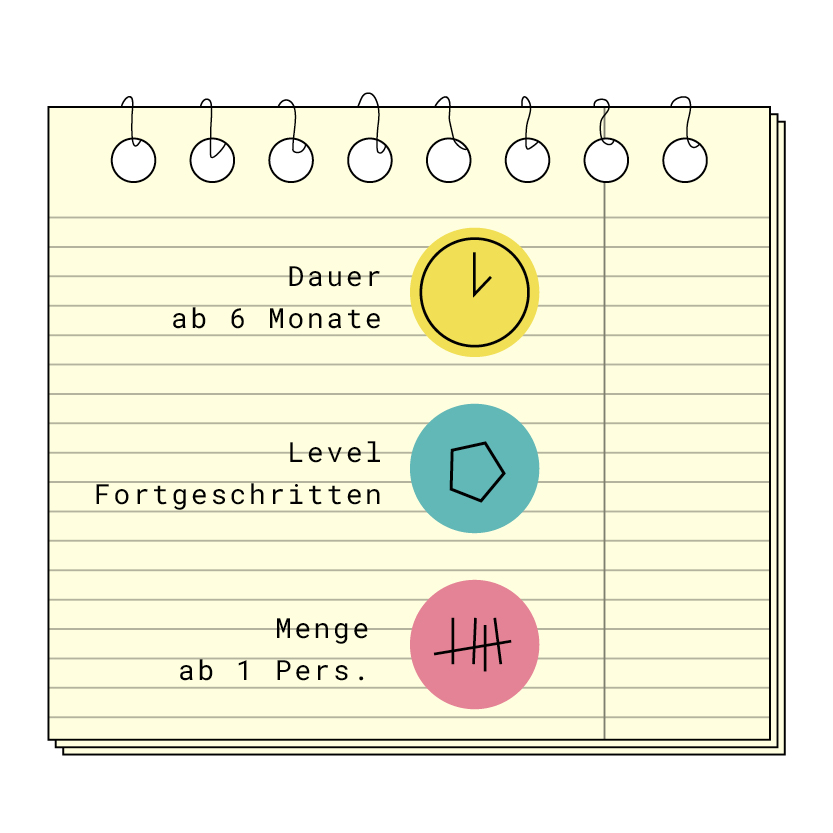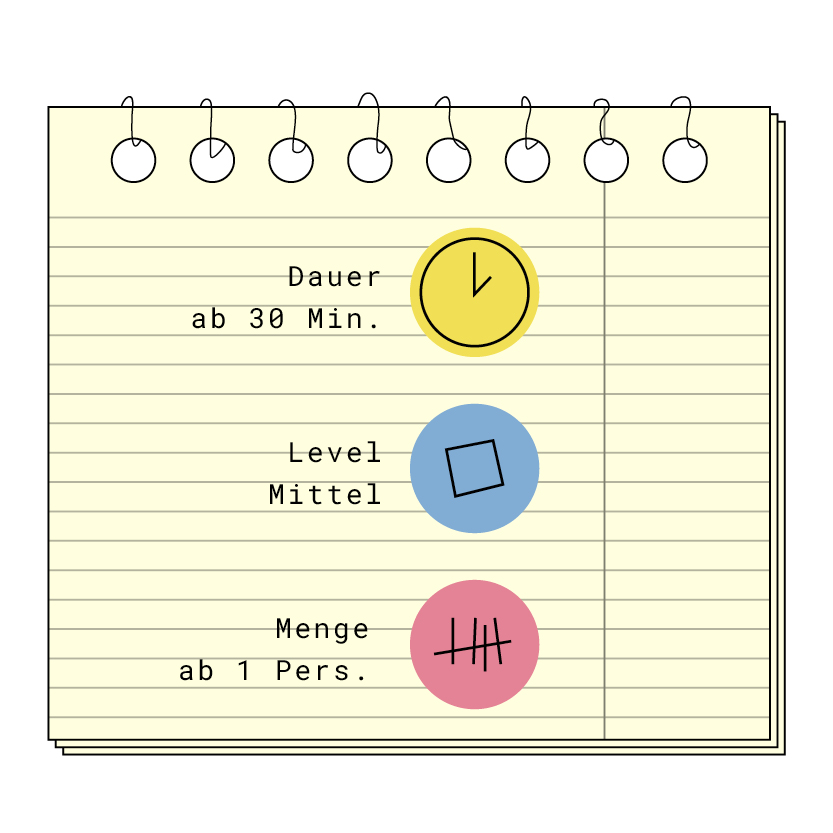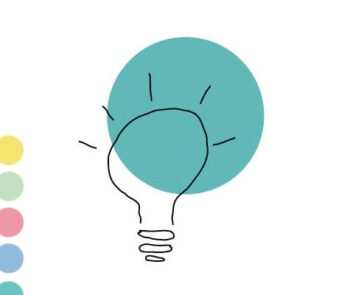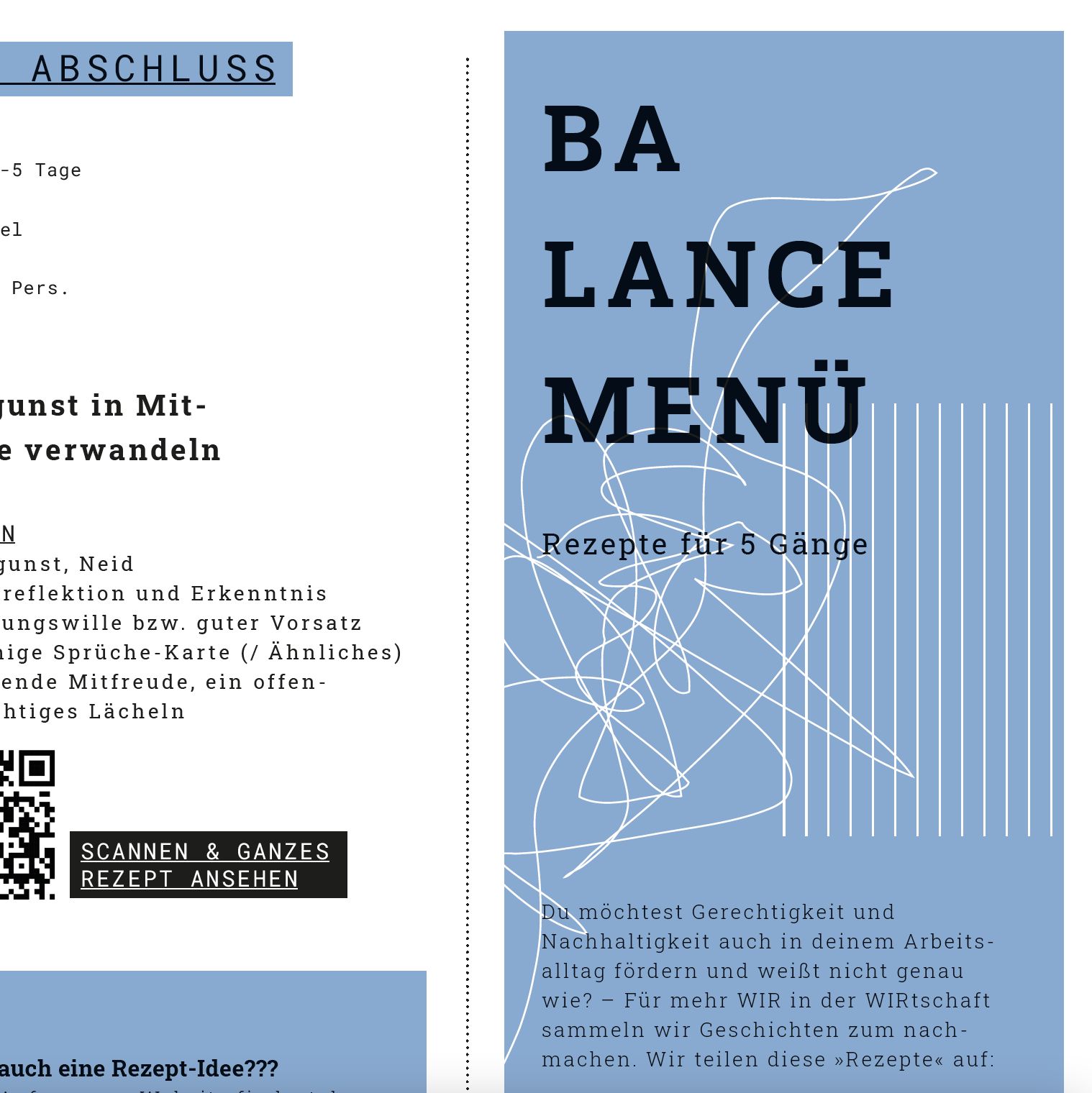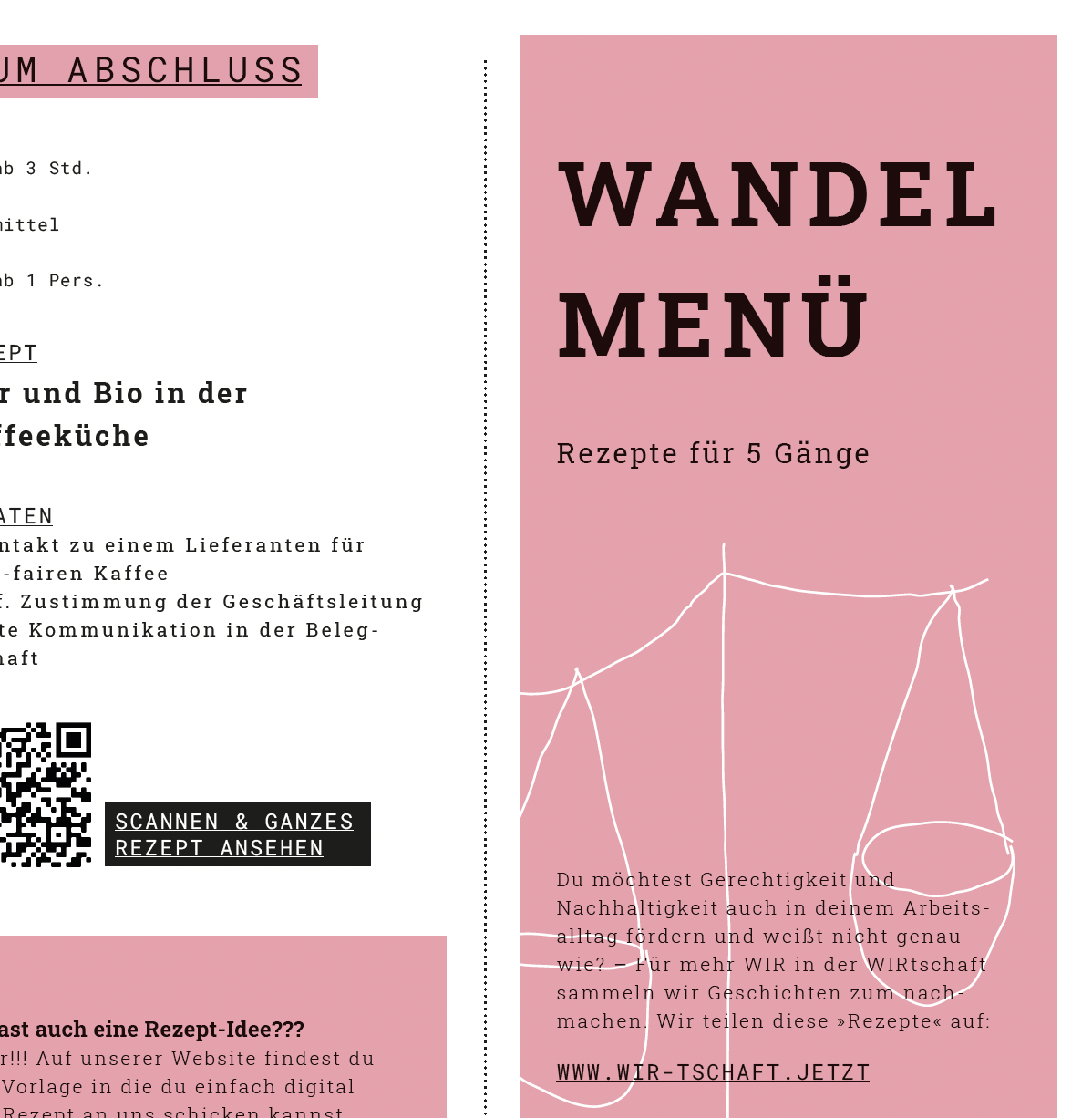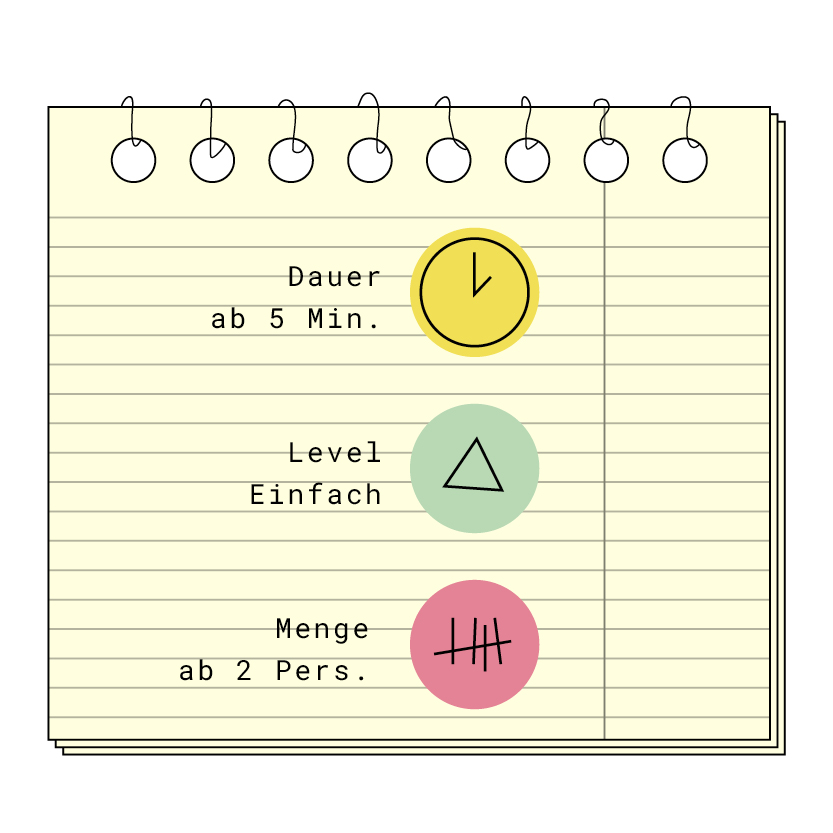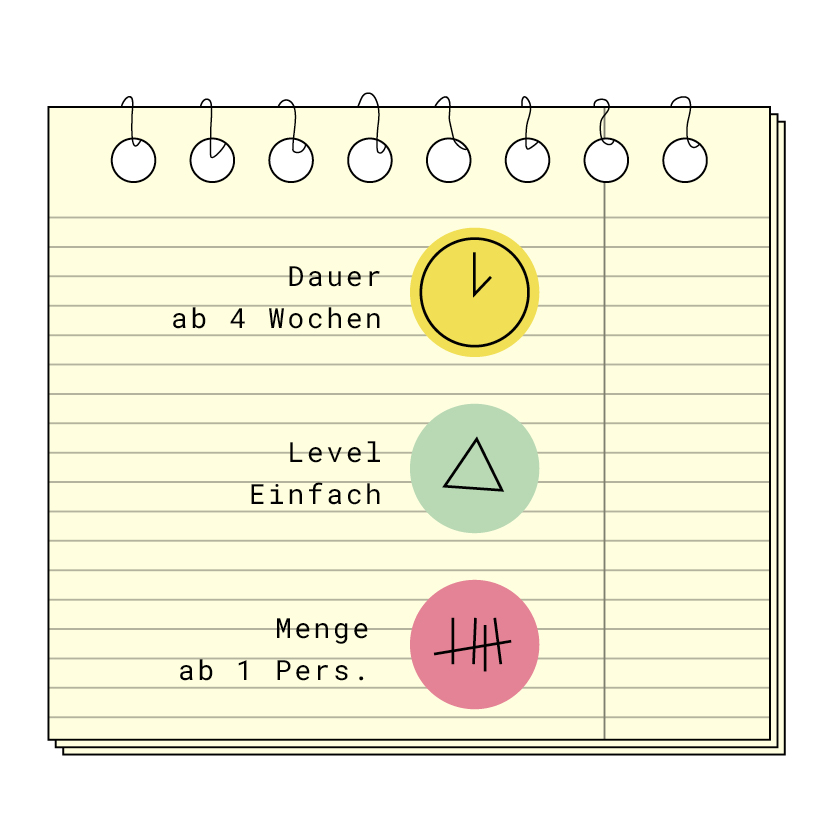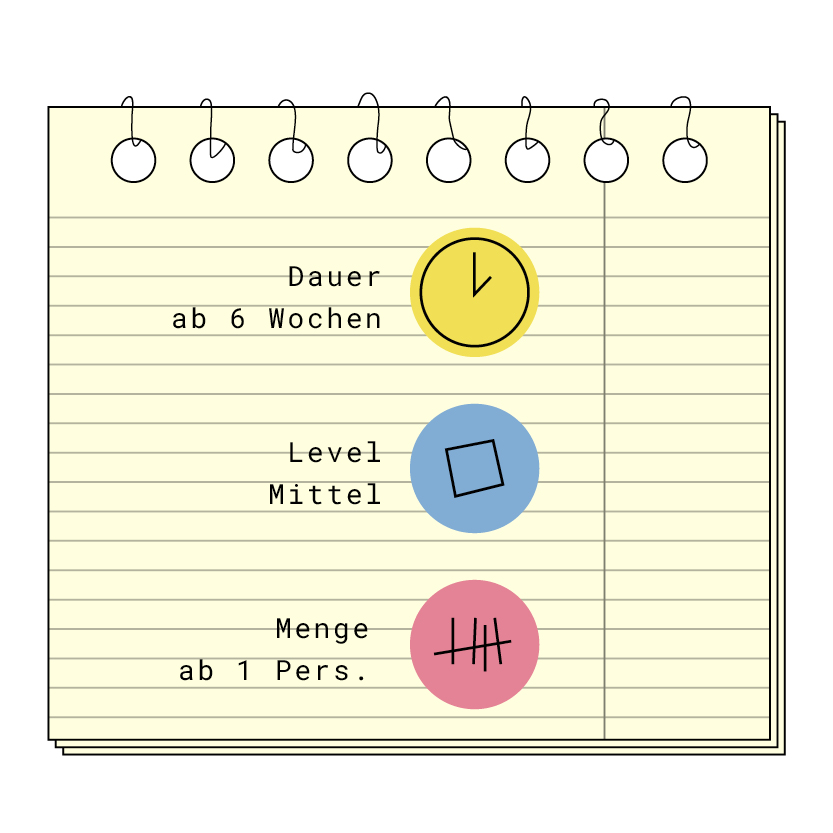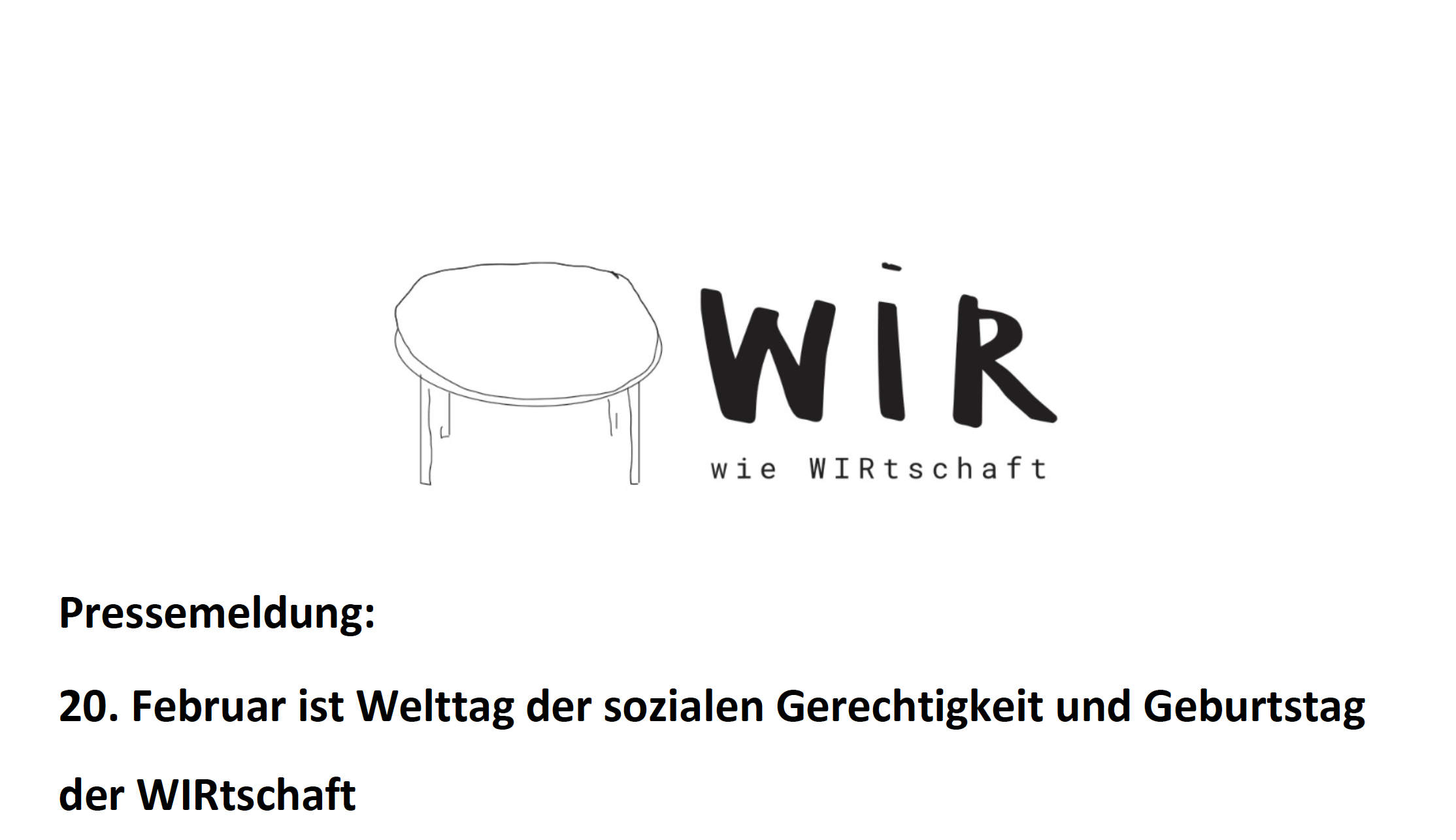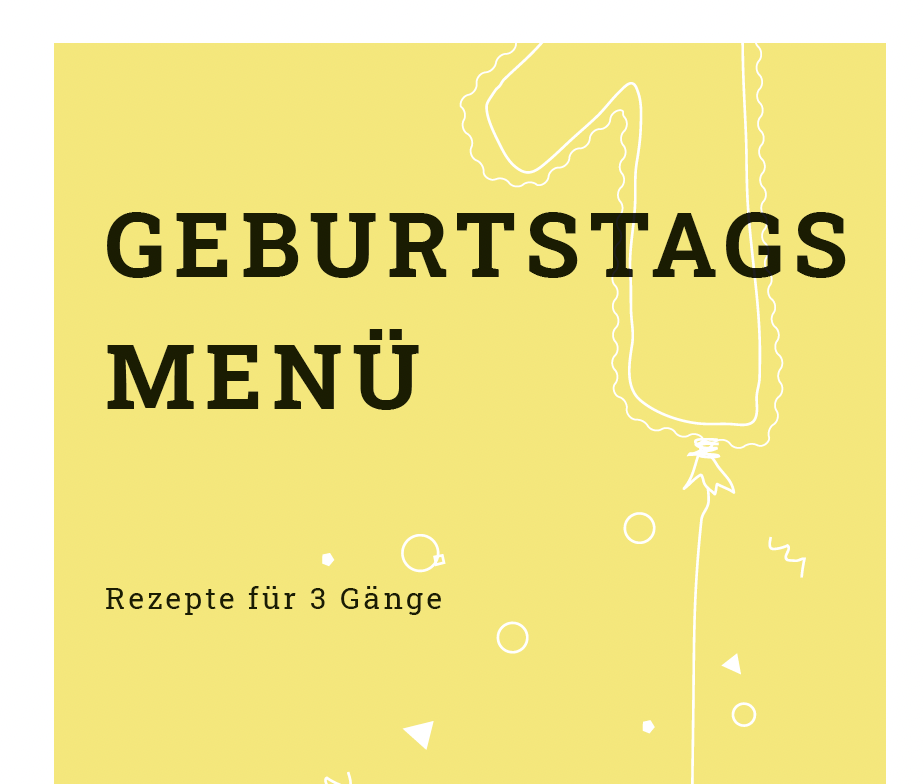* 1 PDF guide
* 33 self-study videos
* 24 reflection questions
* 36 worksheets
* 1 pinch of urgency
* Add as desired: Joy, passion, commitment
How can small and medium-sized enterprises and their consultants systematically work towards greater sustainability?
The "Transformation Guide Sustainability & Common Good" shows one way forward. It was developed by the non-profit foundation Gemeinwohl-Ökonomie NRW with financial support from the state of North Rhine-Westphalia and the European Social Fund (ESF) as part of the "AGIL – Akademie Gemeinwohl im ländlichen Raum" project.
Of course, the recipe may also be prepared outside NRW and also by municipal companies).
How it works
1. Guide Here for zero euros.
(simply enter your name and e-mail address and request the guide).
2. Decide: Should the guide be read across or worked through linearly? Is it about selective learning or a systematic transformation process? Both are fine and feasible!
3. Work through the "Input" chapter for a brief overview of sustainable development, the role of the economy and the core ideas of the Economy for the Common Good
4. Use the "Inspiration" chapter to reflect on various aspects of the 17 UN Sustainable Development Goals with the help of 20 transformation impulses and develop initial ideas for improvement within the company.
5. Take the "Innovation" chapter as an opportunity to form a team and develop a coherent transformation concept from the previous findings using tried-and-tested templates
6. Gladly customize everything individually
7. Achieve "impact" for more sustainability and inspire others to do the same!
Have fun cooking!
Anyone who has tried or modified the recipe, feel free to comment!
This recipe is from
Christian Einsiedel and Christoph Harrach
from the Foundation for the Economy for the Common Good NRW
